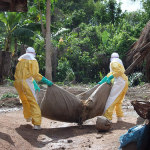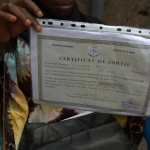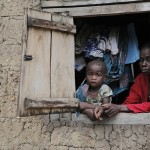This working paper reports on a study to identify epidemic control priorities among 15 communities in Monrovia and Montserrado County, Liberia. Data were collected in September 2014 on the following topics: prevention, surveillance, care-giving, community-based treatment and support, networking/hotlines/calling response teams and referrals, management of corpses, quarantine and isolation, orphans, memorialization, and the need for community-based training and education. The study also reviewed issues of fear and stigma towards Ebola victims and survivors, and support for those who have been affected by Ebola. The findings
Continue reading →
We propose that the point of discharge of someone who has survived Ebola virus disease (EVD) should become a staged transition back into the community, linked to a social contract that ties targeted support to adherence to infection control practices. This offers important benefits to how people perceive the infectious risk of survivors, improved social cohesion through collectively agreed stages of re-integration, and a mechanism for directing psychosocial and material support to those who most need it.
‘Stigma’ is an umbrella term for the direct and indirect consequences of a number of processes that brand someone as different in ways that result in discrimination, loss of status and social exclusion. It can be short-term or evolve into a long-term and life-long issue. Who and how people are being socially labelled – plus the material, political, social and moral consequences of this labelling – often change rapidly throughout the course of an epidemic, particularly from the early stages of an emerging outbreak to
Continue reading →


